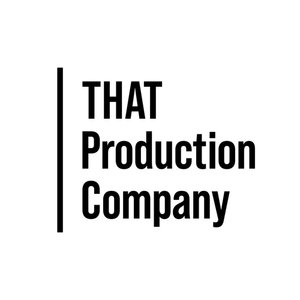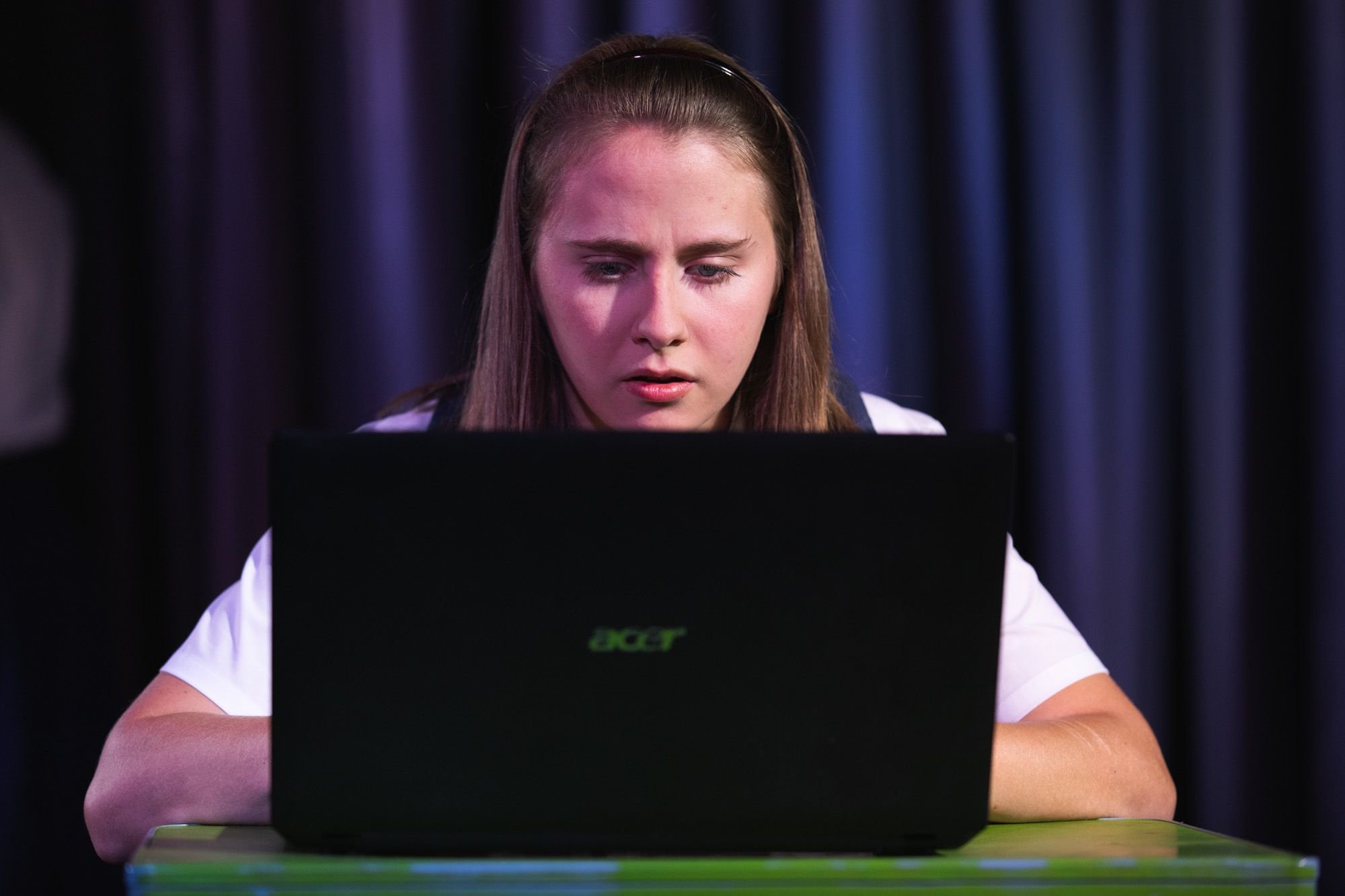Stephanie is a director, performance-maker, and artist. Stephanie's most recent works include a reading of her work To the Monster in My Cupboard staged locally in 2020, with support from the Ipswich City Council. Since then, she has assisted THAT Production company on their 2021 performance of Sea Wall and has since continued to build her skills in writing and directing.
Stephanie Elliot. Image:Supplied by artist.
1. How would you best describe your artistic practice?
I always start with a lot of questions, and lots of time looking things up. I'm really interested in figuring out how things fit with other things, whether that be artistic or philosophical predecessors, or historical events. I love researching things and reading widely. From there, it's a process of asking the right questions and provoking the right discussions.
2. What’s your first memory of engaging with the arts?
I was in Irish dancing lessons as a child, like all of my siblings. Unfortunately, unlike my siblings, I had a serious case of separation anxiety and so I never fostered dreams of stiff arms and loud feet. In my primary school, there was no such thing as a 'theatre kid', so it wasn't until I was 13 or 14 that I joined the local amateur theatre group and discovered a deep love of live performance. My first show involved me quoting Lady MacBeth's 'unsex me here' monologue with absolutely no idea what it meant, but I had a jolly good time with it nonetheless.
3. What motivates you to create?
If I'm not making art, I spend a lot of time talking to myself. Making up arguments, dialogues, unpacking ideas, in a constant stream of consciousness. So, creating art helps me avoid people on the street asking me why I'm muttering to myself on the way to work. I think I just feel a need to make sense of the world around me, out loud, or on paper. By turning ramblings into art, it's like I'm organising them, fixing them up, and turning my thoughts into something that other people can connect with, so I'm not just talking to myself anymore.
4. Can you describe your ideal working environment?
I truly just love big windows, natural light, fresh air, and space to roam around. A desk, some paper, a computer, artists that inspire me, and I'm set.
Stephanie Elliot and Ensemble in Kill Climate Deniers by David Finnigan. Image: Adam Finch.
5. How do you manage work-life balance as an artist?
The short answer is that I haven't. My first year out of uni, I dedicated myself to being a producer of my own work in Ipswich and didn't have a job for a year. Unfortunately, I graduated in December of 2019, and 2020 was the rudest awakening one could hope for. In 2021, I got a full-time job, and after a while, I felt myself getting more and more disconnected from the arts. I would see shows, go to galleries, sketch things in the park, write poems, but when it came to starting a project? Of live performance? Even though it's what I love the most, I felt like I didn't even know where to start. That's the scary part of theatre, I think. You can't really do it privately.
Anyway, after a long time of working on my health, and building myself up, I started applying for things and tried to see what stuck. Feel free to check back in, perhaps in a year or so.
6. How do you seek to improve and develop your practice?
It's a bit like learning a language, I think, in terms of input and output. I have been devouring play texts and watching recordings of performances from some companies I really admire, and of course, most importantly, going to live performances. I keep a notebook so I can write down what I like and don't like. I also adore interviews with playwrights and directors, not just because of the insight it provides into their process, but also their inspiration. Be warned, this can tend to be a rabbit hole that you may never escape from! My lists of plays, writers, and artists is ever growing! Then, of course, the difficult part. Actually doing things. This is something I'm working on, what with the whole 'work-life-arts' balance.
7. What time of day do you find yourself most creative and why?
Frustratingly, I find some of my most inspiring ideas literal seconds before I'm about to fall asleep. I'm sure it's connected to an overactive imagination and vivid dreams, but it truly is the worst time to be struck by inspiration. Each time, I have to try really hard to wake myself up to write it down. Moment of silence for every time my exhaustion won the fight.
To be fair, sometimes my 'inspiring', pre-sleep ideas are a bit silly, but that's between me and my notes app on my phone.
In terms of output, it would be whenever I say 'enough is enough' and force myself to sit down and write something. Sometimes I'm 'in the zone' and sometimes, I work without it, because otherwise, I'd only be creative once every few months.
8. Do you think art is important to society and why?
Art is sense-making, it's communication, it's sharing knowledge, it's ritual, it's culture, it's community. As tacky as it sounds, art and society are indistinguishable. How do we understand societies, outside of their art? When we try to understand the long-lost past, we look to sculptures, theatres, canvases, jewellery, fashion, architecture. Not just as things that served a purpose or things to fill a history book, but as things that captured life as it was experienced by the people who lived it. We, or at least, most regular people, know the Ancient Egyptians, and the Romans and the Greeks by what they created, far more than how their political systems functioned, or how their labour system worked. More people remember the paintings and the pyramids than the specific contributions to mathematics, or agriculture.
Stephanie Elliot in Cyberbile by Alana Valentine. Image: Tom Antonio.
9. Who is an artist that inspires you and why?
I've always loved Frantic Assembly - I think it's so cool that one of the biggest physical theatre companies in the world started by 3 non-theatre people wanting to create something cool. I think it highlights how theatre is a medium that doesn't demand the most trained, or the most knowledgeable, but storytellers who are dedicated to sharing something with other people.
10. What are you working on right now, if anything?
I'm directing a play called 'Documenting the Evaporated' by Xinyu Chen as part of Underground Production's short play festival in October.
If you are or know of an artist that might like to feature in our Spotlight: 10 Questions series please send us an email to hello@thatproductioncompany.com.au.
THAT Production Company respectfully acknowledges the Original Custodians of the Land on which we live and create. We acknowledge all First Nations people and pay respects to their Elders past, present and emerging.
Always was. Always will be.



